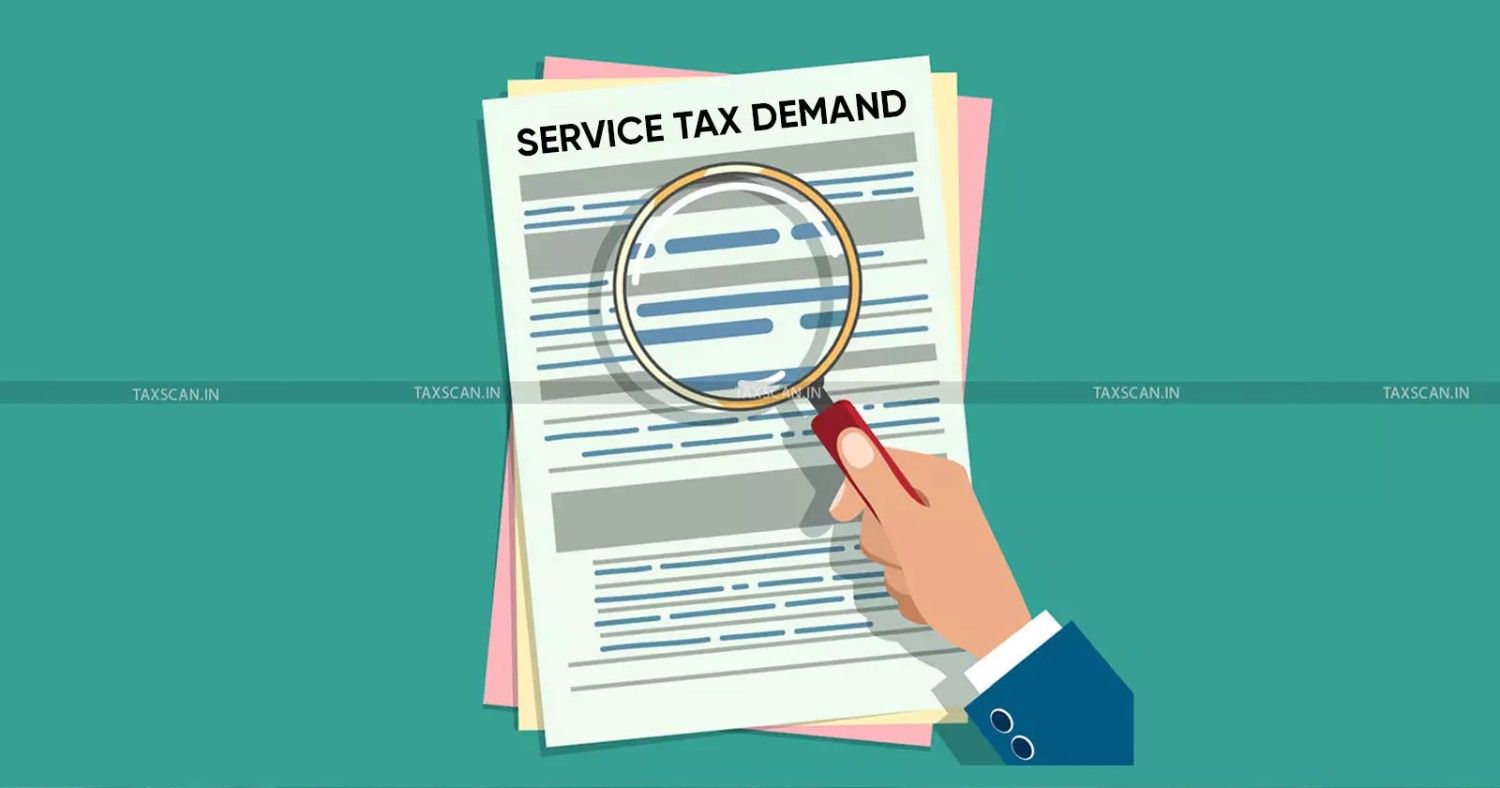S. 113(h)(i) Customs Act Applies Only When Goods Have Actually Entered For Exportation: CESTAT [Read Order]
CESTAT held that Section 113(h)(i) of the Customs Act applies only when goods have actually entered for exportation, and a clerical error in quantity declaration cannot justify confiscation
![S. 113(h)(i) Customs Act Applies Only When Goods Have Actually Entered For Exportation: CESTAT [Read Order] S. 113(h)(i) Customs Act Applies Only When Goods Have Actually Entered For Exportation: CESTAT [Read Order]](https://images.taxscan.in/h-upload/2025/10/15/2096861-section-113hi-customs-act-customs-act-entered-for-exportation-exportation-taxscan.webp)
The Bangalore Bench of the Customs, Excise, and Service Tax Appellate Tribunal (CESTAT) ruled that Section 113(h)(i) of the Customs Act, 1962 applies only when goods have actually entered for exportation and that a clerical error in quantity declaration cannot justify confiscation.
Avasarala Technologies Ltd., a 100% Export Oriented Unit (EOU) engaged in the export of engineering equipment, filed three shipping bills dated March 11, 2013, for the export of parts of rubber processing machines.
During the examination, the customs authorities found a shortage of goods in two of the shipping bills. Only fifteen sets of items were found instead of the forty-three sets declared, resulting in a shortage of twenty-eight sets.
 Also Read:'Input' Not 'Capital Good' under Cenvat Rules: CESTAT Upholds CENVAT Credit on Dredger [Read Order]
Also Read:'Input' Not 'Capital Good' under Cenvat Rules: CESTAT Upholds CENVAT Credit on Dredger [Read Order]
The department issued a show cause notice proposing confiscation under Section 113(h)(i) and penalty under Section 114(iii) of the Customs Act.
The adjudicating authority ordered confiscation of the goods, imposed a redemption fine of Rs. 3,00,000, and levied a penalty of Rs. 2,00,000. The Commissioner (Appeals) upheld the order, leading the appellant to approach the Tribunal.
Comprehensive Guide of Law and Procedure for Filing of Income Tax Appeals, Click Here
The appellant’s counsel argued that the shortage was due to a clerical mistake made by the dispatch team and that there was no intention to misdeclare the quantity of goods. They submitted that the remaining twenty-eight sets were still under process in the factory and had not been cleared for export or sold in the domestic market.
The counsel further argued that Section 113(h)(i) applies only when goods have actually entered for exportation, which was not the case here.
The revenue counsel argued that the shortage of sixty-six percent could not be treated as a mere mistake and justified the action taken by the lower authorities.
 Also Read:CESTAT Sets Aside Service Tax Demand on Fixed Facility Charges, allows Inox Air Products Appeal [Read Order]
Also Read:CESTAT Sets Aside Service Tax Demand on Fixed Facility Charges, allows Inox Air Products Appeal [Read Order]
The single-member bench of Dr. D.M. Misra (Judicial Member) observed that the facts were undisputed and that the discrepancy occurred due to a communication gap between the dispatch and accounts departments. The tribunal explained that the Central Excise authorities had verified that the missing goods were still under process in the factory and had not been diverted elsewhere.
The tribunal pointed out that since the goods had not entered the export stream, the provisions of Section 113(h)(i) were not applicable. The tribunal concluded that the shortage was the result of a clerical error, not a deliberate act.
The confiscation and penalty imposed were found to be unjustified. The impugned order was set aside, and the appeal was allowed with consequential relief as per law.
Support our journalism by subscribing to Taxscan premium. Follow us on Telegram for quick updates


